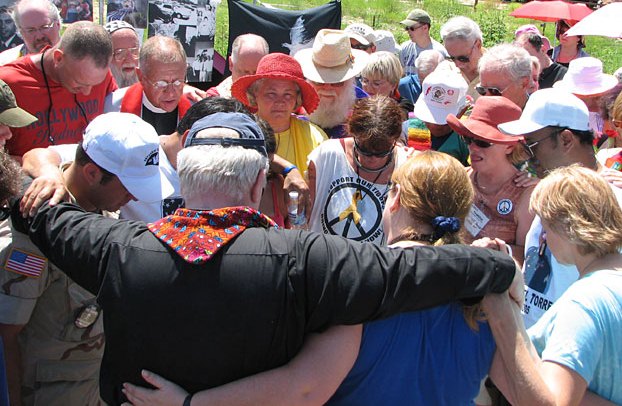Lesson 1: Practical Christianity
Obviously, the first task is to define what I mean by Practical Christianity. Not so obviously, the second is to point out this is a very controversial subject. When I speak of Practical Christianity I simply mean what faith offers for everyday living here and now. People used to speak of it as “Applied Christianity”. […]











 Frontline Study is an online discussion of the scriptures, inviting you to share your comments and your reflections on each weekly topic. Simply click on the "Add Reply" text at the top of each post to see what others have posted and to add your thoughts.
Frontline Study is an online discussion of the scriptures, inviting you to share your comments and your reflections on each weekly topic. Simply click on the "Add Reply" text at the top of each post to see what others have posted and to add your thoughts.